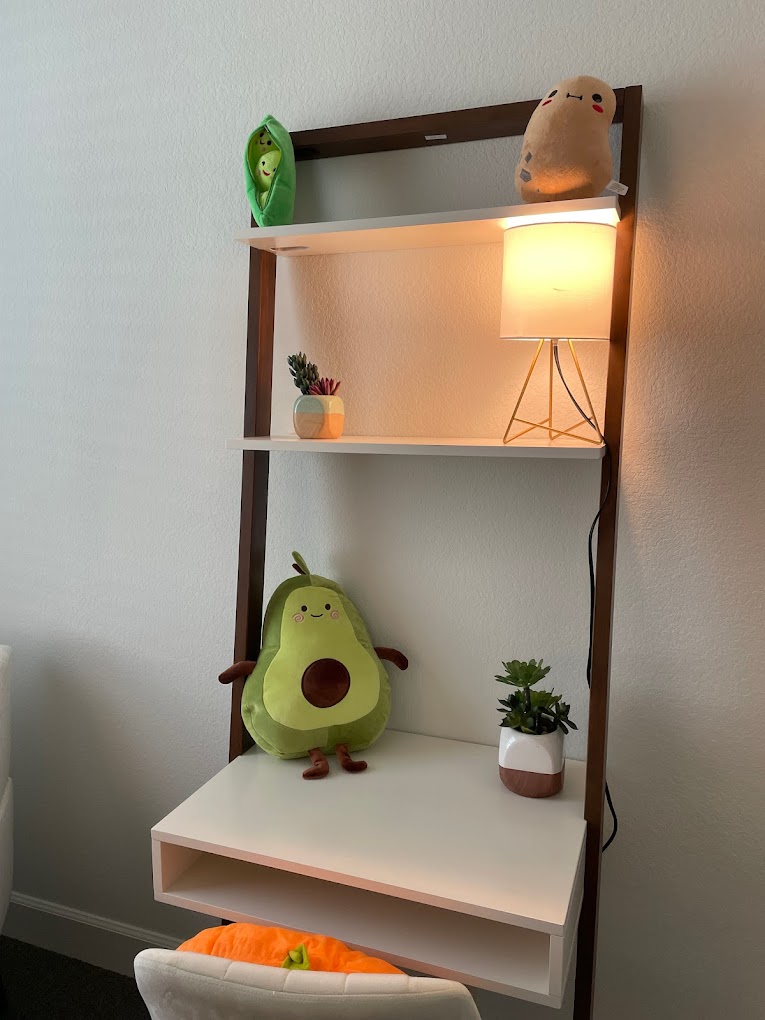We caught up with the brilliant and insightful Natalie Grun a few weeks ago and have shared our conversation below.
Natalie, looking forward to hearing all of your stories today. To kick things off, we’d love to hear about things you or your brand do that diverge from the industry standard
Empathy Nutrition Therapy differs from other traditional nutrition approaches by emphasizing a positive relationship with food. Unlike standard medical nutrition therapy, which often focuses on diet restrictions and weight loss goals, Empathy Nutrition Therapy promotes a non-diet approach with food and positive body image. Here’s how it differs:
1. Promoting a Healthy Relationship with Food
Traditional medical nutrition therapy frequently centers weight management. It often operates within a framework that can inadvertently foster negative relationships with food, such as through restriction or guilt associated with eating certain foods. In contrast, Empathy Nutrition Therapy prioritizes nurturing a positive and mindful relationship with food. This approach encourages individuals to listen to their bodies’ hunger and fullness cues and to appreciate food for its nourishment and enjoyment, rather than solely for its impact on weight.
2. Non-Diet Approach
Standard medical nutrition therapy typically involves prescriptive diets, calorie counting, and a focus on weight loss. These approaches can lead to cyclical dieting, where individuals repeatedly lose and regain weight, and may contribute to unhealthy eating behaviors or attitudes towards food. Empathy Nutrition Therapy, on the other hand, adopts a non-diet approach. This means it does not endorse restrictive eating plans or focus on weight as an indicator of health. Instead, it supports individuals learning to trust their bodies’ signals and make food choices based on pleasure and satisfaction, not external rules.
3. Weight Inclusivity
Traditional medical nutrition therapy operates under the assumption that weight loss is a necessary component of improving health.. Empathy Nutrition Therapy, however, is weight-inclusive. It recognizes that health and well-being are not solely determined by weight. This approach seeks to address and support overall health through behaviors, lifestyle changes, and emotional well-being. It values each individual’s unique body.
Personalized Care: Instead of applying a one-size-fits-all approach, this approach is tailored to the individual’s specific needs, preferences, and experiences. It respects personal choices and fosters a supportive environment for self-discovery and growth.
In summary, Empathy Nutrition Therapy offers a refreshing alternative to traditional nutrition practices by fostering a positive, non-judgmental relationship with food, embracing a non-diet philosophy, and promoting weight inclusivity.

Awesome – so before we get into the rest of our questions, can you briefly introduce yourself to our readers.
I started my private practice in 2019, driven by a deep passion for supporting individuals with eating disorders. My goal was to create a practice that embodies the kind of care I believe is truly effective. At Empathy Nutrition Therapy, we offer personalized nutrition counseling for both adolescents and adults, as well as educational support for parents.
Our mission is rooted in the belief that everyone deserves to find peace in their relationship with food and their body. We recognize that living in a culture often fraught with unrealistic expectations can make it challenging to feel confident about eating and self-care. Together, we work to discover what works best for each individual, guiding them towards a life free from restriction, fear, and chaos around food.
We see ourselves as partners in our clients’ journeys, committed to walking alongside them as they uncover the tools needed to meet their physical, mental, and emotional needs.
I am incredibly proud of our team at Empathy Nutrition Therapy. Each clinician brings a unique skill set and a profound dedication to their clients, making our practice a supportive and effective environment for healing and growth.
Any stories or insights that might help us understand how you’ve built such a strong reputation?
Our commitment to honesty, trustworthiness, and clear communication has been fundamental. In a field as personal and impactful as eating disorder recovery, these qualities foster deep connections and build credibility.
Word of mouth has been a powerful force for us, as our field is relatively tight-knit and community-driven. Positive experiences shared by our clients have played a role in establishing our reputation.
Additionally, our team of skilled clinicians is dedicated to providing thorough and ethical care. By consistently upholding compassionate and individualized care for our clients, we have cultivated a trusted name in our market.

What’s been the best source of new clients for you?
The best source of clients for us is word of mouth. This includes referrals from previous clients as well as recommendations from doctors, therapists, and psychiatrists. Collaborating with other healthcare providers is a core value for us, and their referrals play a significant role in helping us connect with new clients.
Contact Info:
- Website: https://empathynutritiontherapy.com



